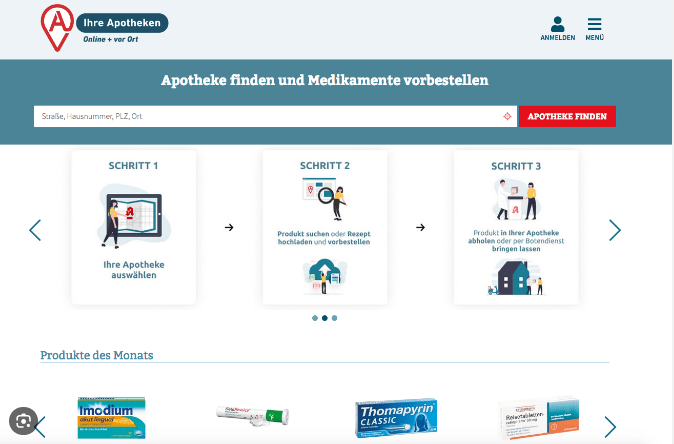The evolving landscape of the German medicinal cannabis market presents a fertile ground for entrepreneurs looking to innovate within the healthcare sector. A recent shift in legislation, particularly surrounding the Digital Health Act, underscores the potential for startups to not only participate but thrive in this burgeoning industry.
Under the Digital Health Act, platforms facilitating the electronic prescription (E-Prescription) process must list all pharmacies without discrimination if they wish to operate within Germany. This regulation, designed to ensure free pharmacy choice for patients, also opens doors for comprehensive digital health platforms that could include medicinal cannabis dispensaries.
For entrepreneurs eyeing the medicinal cannabis sector, Germany’s legal framework is becoming increasingly conducive to innovation. The case of Bloomwell Group exemplifies the vertical integration model’s success. This conglomerate has established a robust ecosystem around medicinal cannabis, starting from telemedicine consultations for cannabis prescriptions through Algea Care, to facilitating patient access to pharmacies via the Grüne Brise marketplace. Furthermore, Bloomwell’s supply chain extends to importing cannabis through Ilios Santé and retailing vaping equipment and accessories under the Breezy brand.
This model not only illustrates the multifaceted revenue streams available in the medicinal cannabis domain but also highlights the German market’s openness to vertical integration strategies. Entrepreneurs can draw inspiration from Bloomwell’s approach to create integrated platforms that offer end-to-end solutions—from consultation and prescription to delivery and ancillary products.
Moreover, the German government’s commitment to free pharmacy choice and the prohibition of exclusive dealings ensures a level playing field. Digital platforms that wish to connect patients with pharmacies for E-Prescriptions, including those for medicinal cannabis, must now ensure they list all available pharmacies to maintain this non-discriminatory approach.
The addition of extra information in the pharmacy registry, such as health services, qualifications, and contact details, further aids in making these platforms more user-friendly and accessible. This aspect of the legislation not only enhances patient convenience but also provides a unique opportunity for startups to differentiate themselves by offering added value through their platforms.
In conclusion, Germany’s medicinal cannabis market is ripe with opportunities for entrepreneurs willing to navigate its regulatory landscape. The Digital Health Act’s recent updates create a more inclusive and equitable environment for startups to innovate, promising a bright future for those looking to make their mark in the medicinal cannabis industry. The success of companies like Bloomwell Group serves as a beacon for the potential that lies in vertically integrated business models, encouraging new entrants to explore this dynamic and growing field.
Anyone who has been following the #gematik specifications for the upcoming ePA since December could see that (fortunately) a phased model was planned:
1. by 15.01.25, initially “only” the #medication list (eML)
2. then the #medication plan (eMP) by 15.07.25









